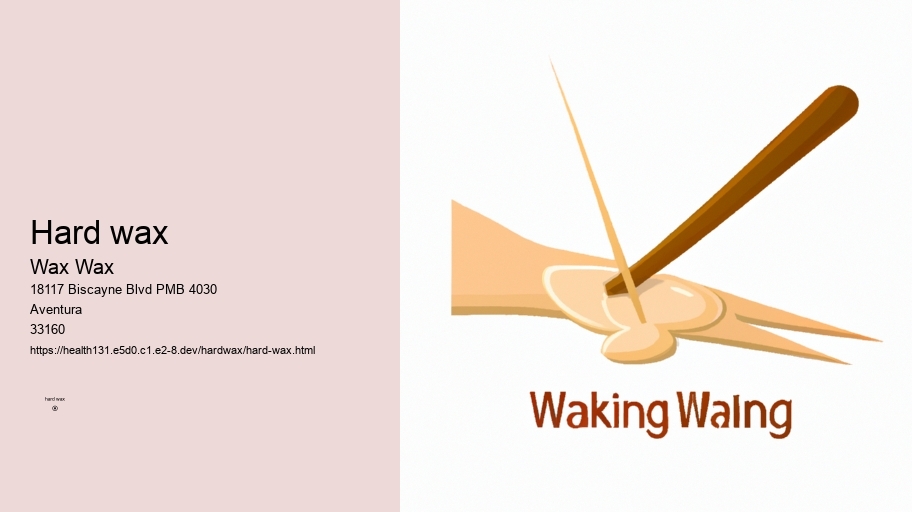

Do choose the right type of wax for your skin and hair type
In effect this means that avoiding sun exposure before and after getting waxed is crucial for a smoother and less painful experience!
Tips on choosing the right exfoliation products for your skin type before and after waxing
Get the best hard wax products from Wax Wax.[ edit ]
Waxing is a popular method of hair removal that involves applying a sticky substance to the skin, pulling it off, and removing hair from the root. Strip wax and stripless wax are two common types of wax used for this purpose.
Risk of injury or burns
Waxing for hair removal can result in smoother skin, free of stubble and roughness. When the hair is removed from the root, it takes longer to grow back compared to shaving or other methods. This means you can enjoy silky smooth skin for a longer period of time! Waxing also helps in exfoliating the skin, removing dead skin cells along with unwanted hair, leaving your skin feeling soft and rejuvenated. So, say goodbye to rough patches and hello to irresistibly smooth skin with waxing!
Cleanse and exfoliate your skin before your waxing appointment
Reduce redness: Waxing can leave your skin looking red and inflamed. By using soothing products with anti-inflammatory properties like tea tree oil or witch hazel extract, you can help reduce redness and promote faster healing.
Factors to consider when selecting a wax for sensitive skin
Soft waxes are gentle on the skin, making them ideal for use on sensitive areas such as the face, bikini line, and underarms. The soft texture of these waxes helps minimize irritation and redness, resulting in a more comfortable waxing experience for individuals with delicate skin.
Sun exposure can increase the risk of hyperpigmentation or dark spots forming on the freshly waxed skin, as well as causing irritation and potentially delaying the healing process.
Waxing is a form of semi-permanent hair removal that involves applying a sticky substance, such as wax, to the skin and pulling out the hair from the follicle. This method dates back to ancient civilizations, where various natural substances were used for hair removal.
Pain relievers such as ibuprofen or acetaminophen can help reduce inflammation and pain associated with waxing.
Avoid using products with harsh chemicals, fragrances, or exfoliating agents immediately after waxing as they can further irritate the skin.

Protects Skin from Damage: Sun exposure can cause harm to the skin, especially when it is sensitive after waxing. wax balls By avoiding sun exposure before and after getting waxed, you can protect your skin from potential damage like sunburns, hyperpigmentation (darkening of the skin), and premature aging. This precaution ensures that your skin remains healthy and radiant.
Waxing a woman's armpits .
[ edit ]
Harmful UV rays can make the skin more sensitive to pain during waxing, making the process more uncomfortable.
2.
To put it short: Ultimately, both hard wax and soft wax are effective methods of hair removal with their own set of advantages. Experimenting with both types can help you determine which one works best for your specific needs and preferences.